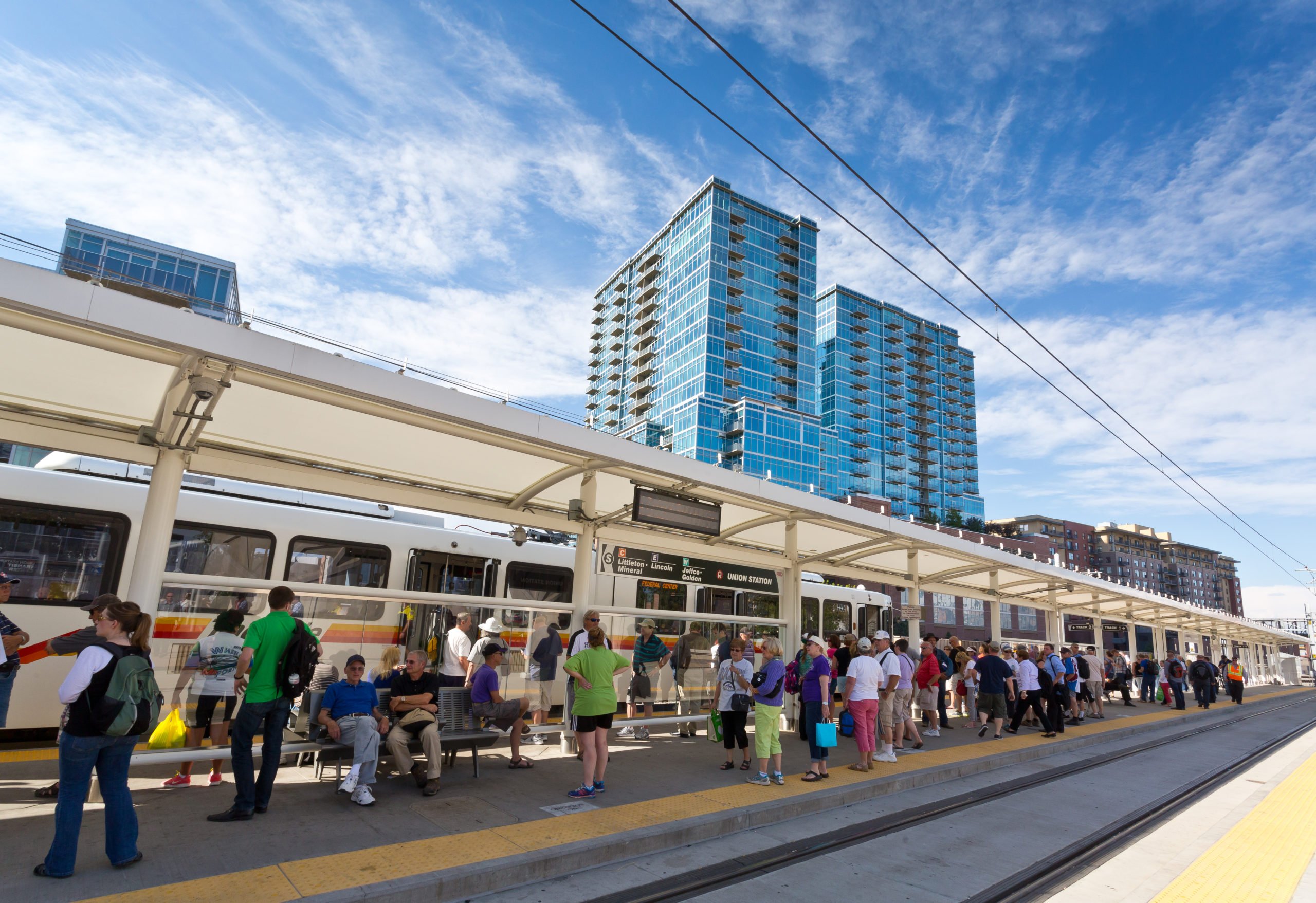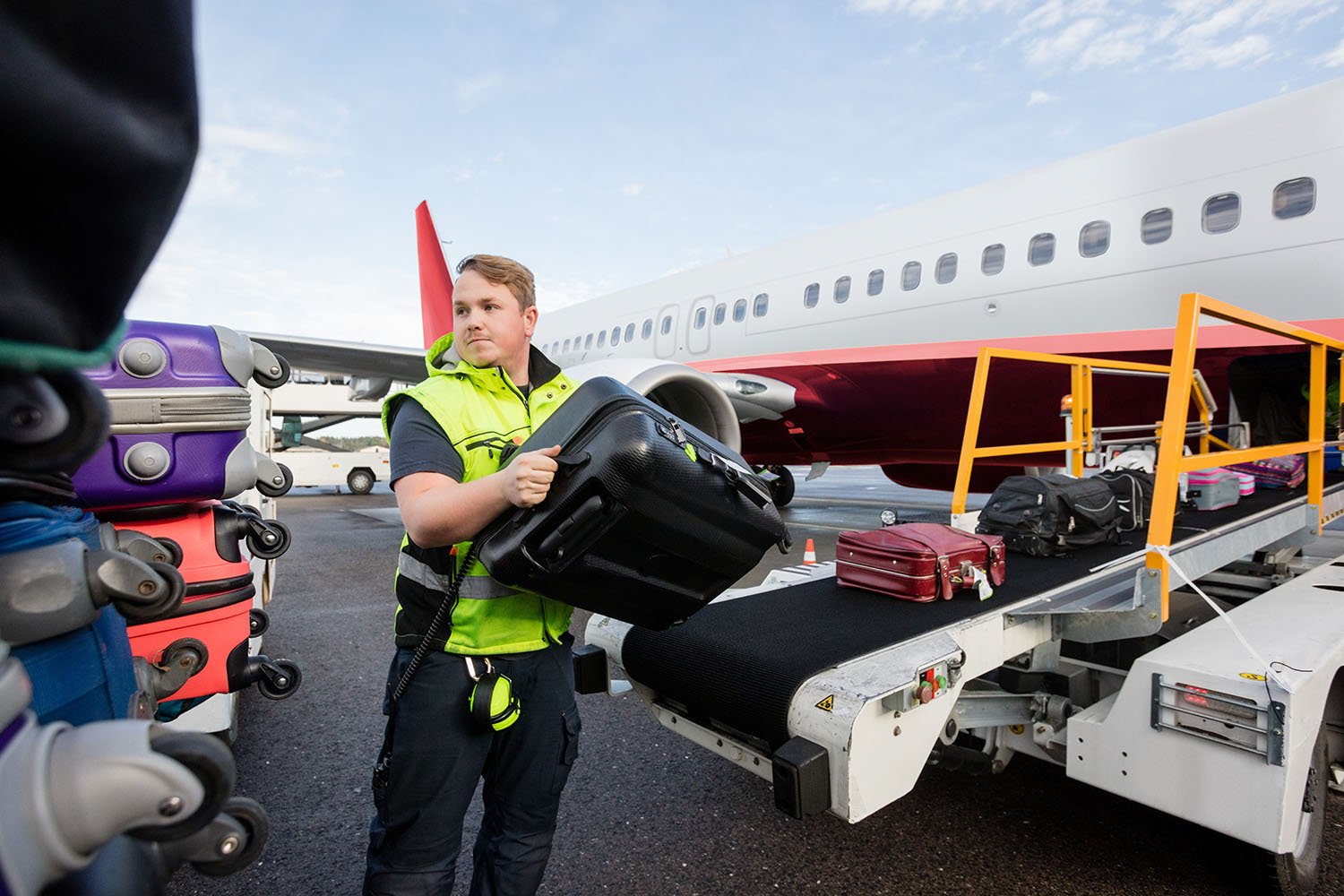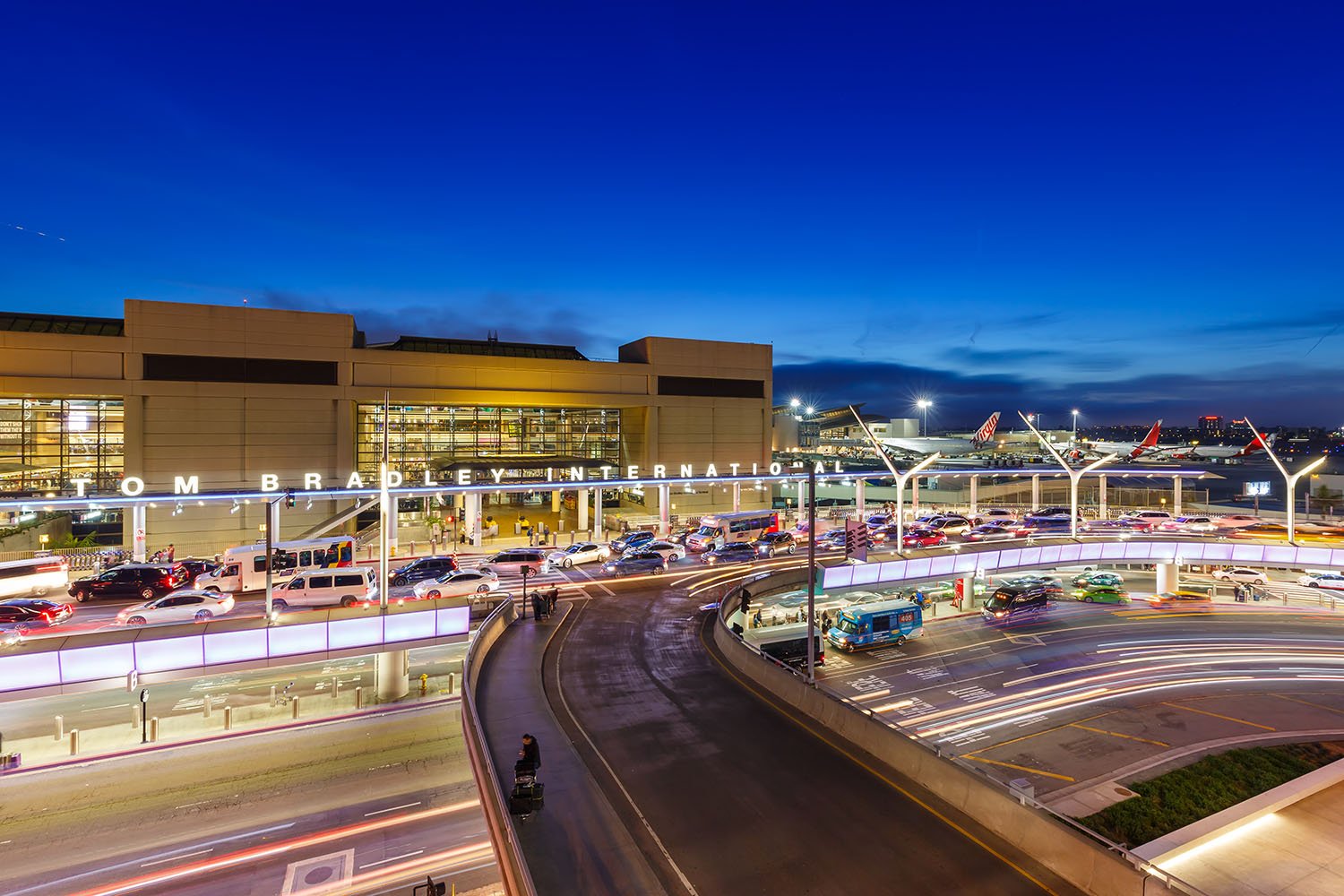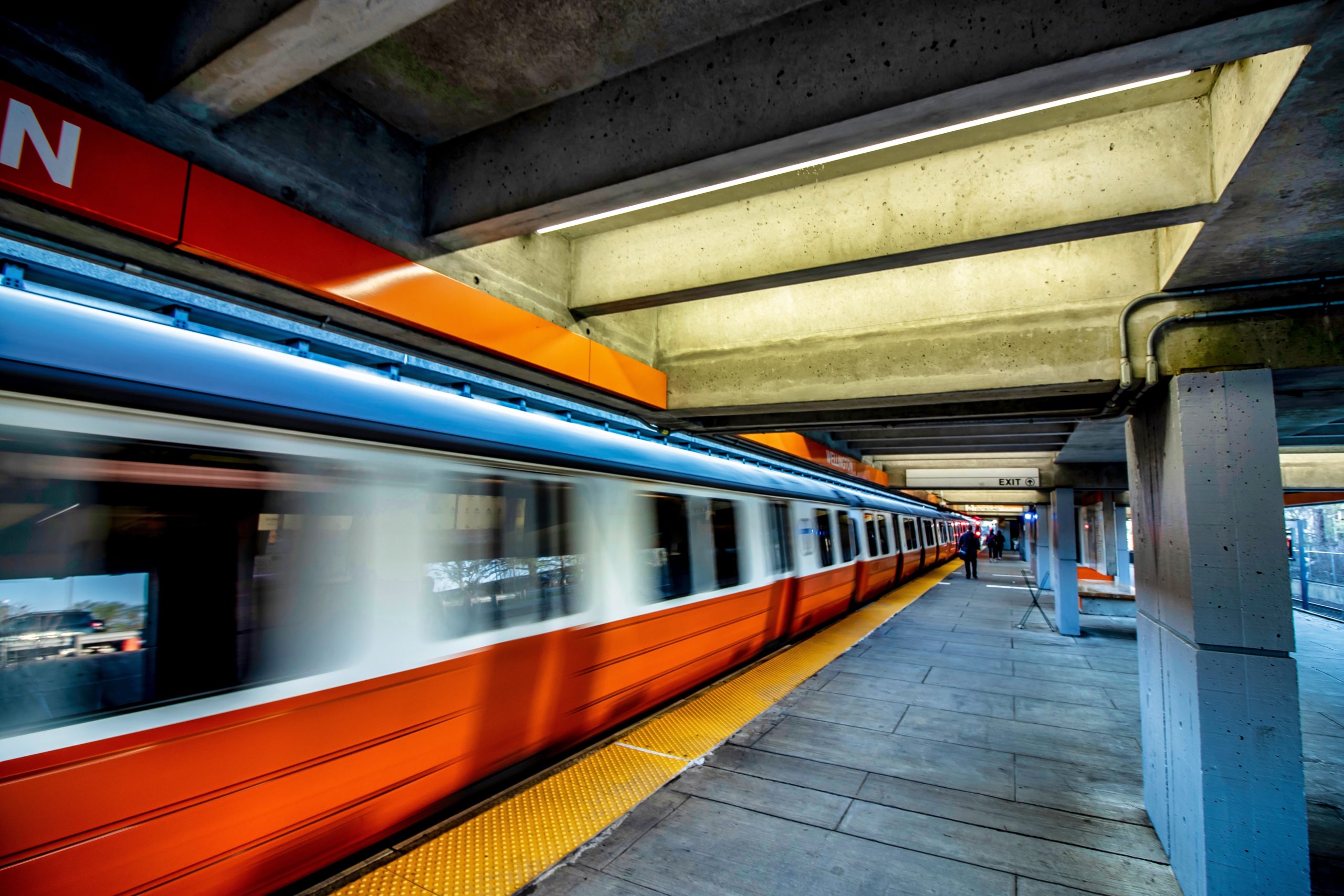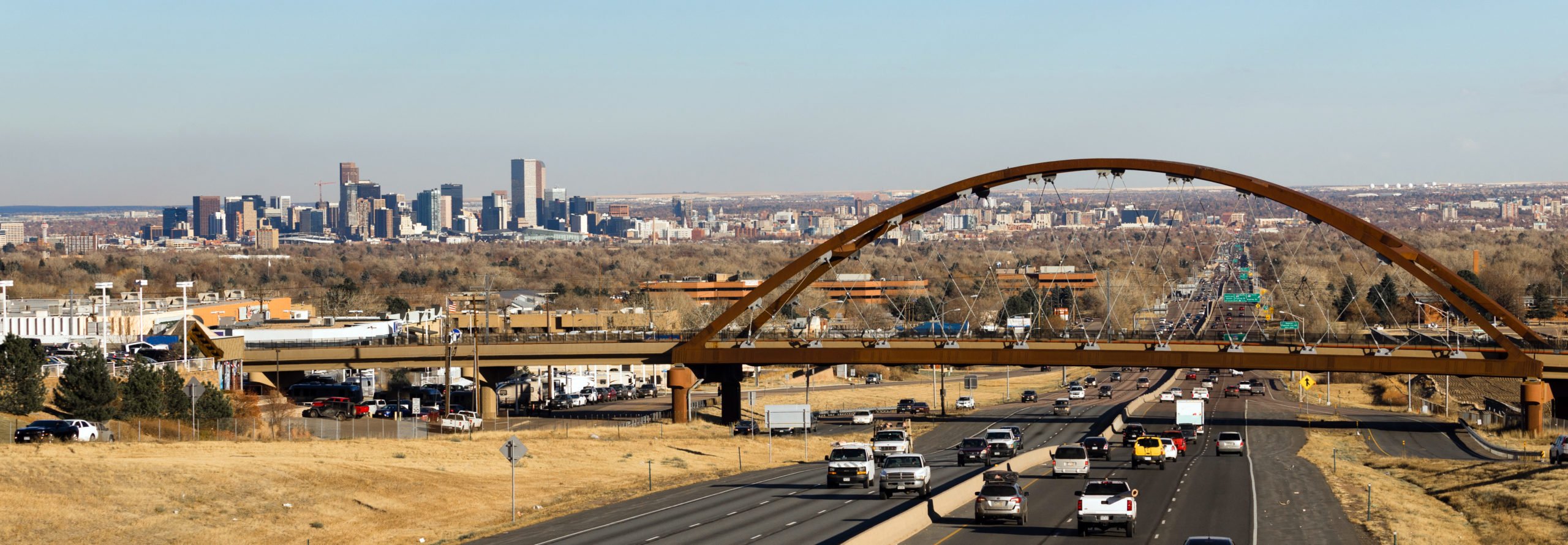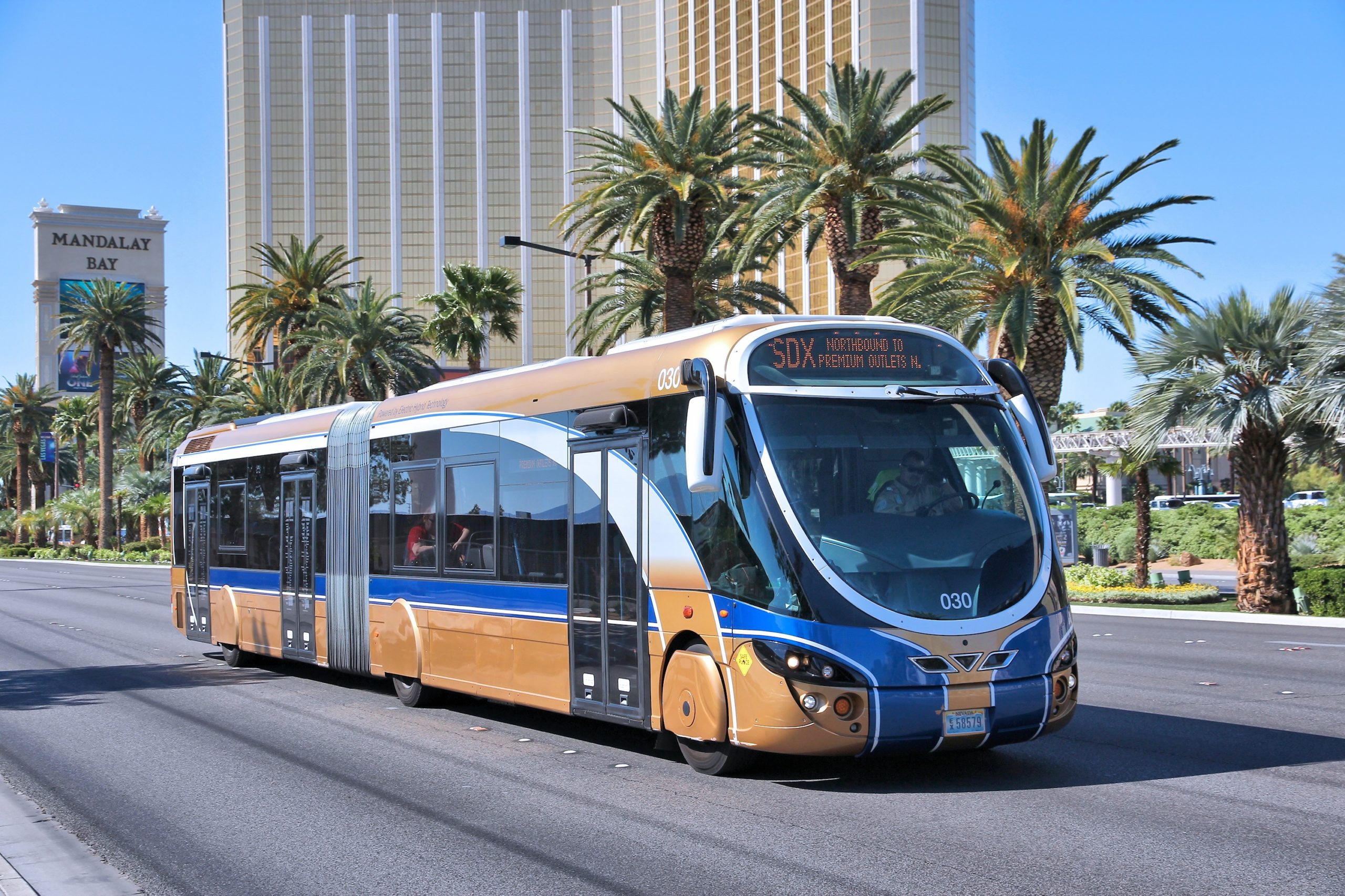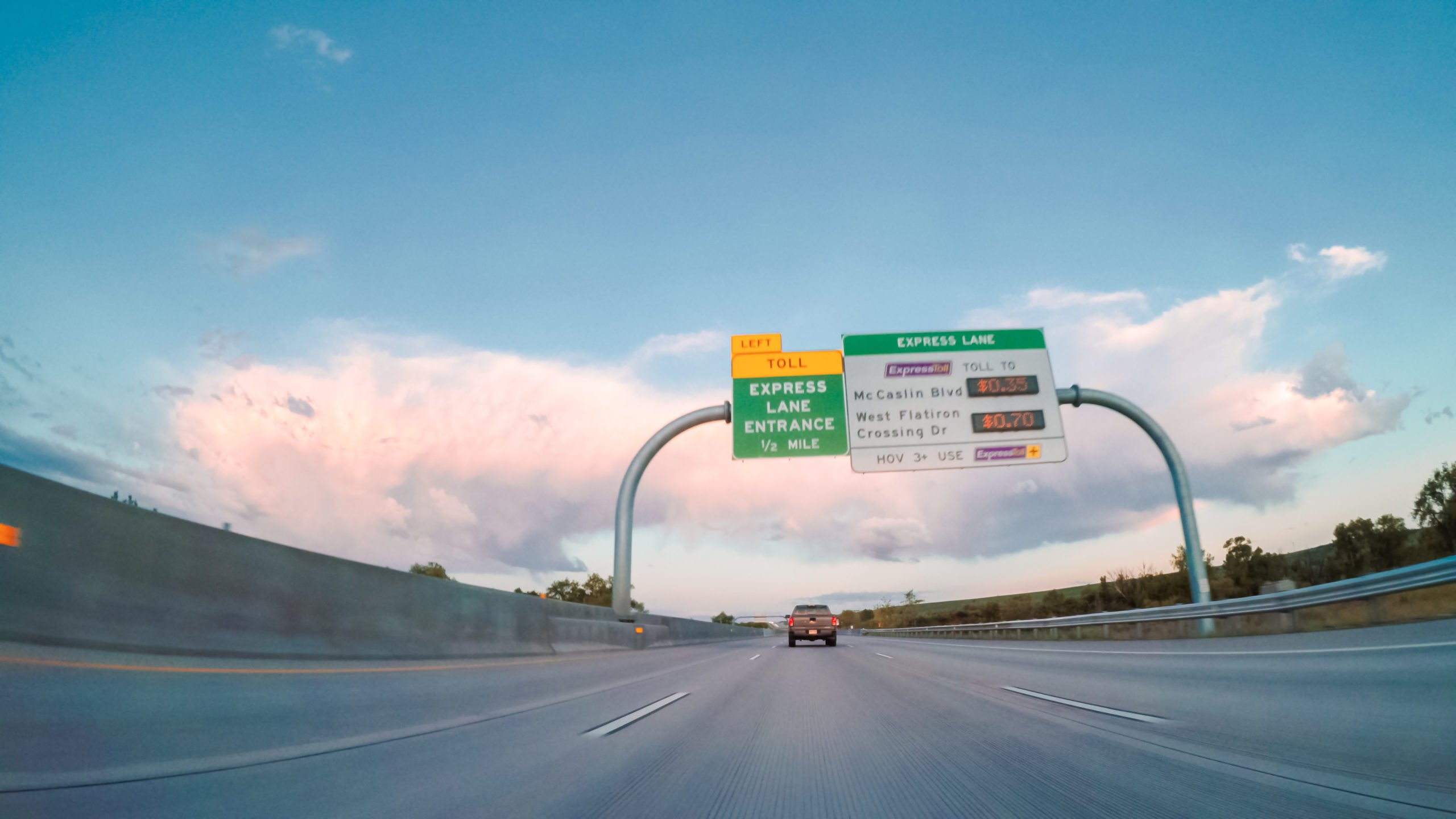FHWA Mobility on Demand Business Model Analysis
Washington D.C.
UrbanTrans is part of a team that is developing guidance to help transportation planners and agencies better integrate mobility on demand (MOD) business models into their planning processes. The changing nature of the MOD marketplace has made it difficult for planning agencies to integrate MOD solutions into their communities and adequately mitigate for the frequent changes in MOD business models.
The project began with an assessment of existing MOD business models. The assessment provides planners with a better understanding of the various services in the MOD ecosystem and what drives business decisions. When planners have a better understanding of business models, they are better able to predict how those models may change, what motivates MOD companies to work with communities, and how regulatory models may impact service provision. The project team then built a multi-step planning template to walk users through the selection of MOD services. The template includes a community mobility needs assessment to identify needs and match those needs to appropriate MOD business models. Planners are then walked through a planning exercise scenario to consider how internal and external factors may impact the delivery of MOD services. Examples include a MOD company ceasing service, moving from a business-to-government model to a business-to-consumer model, and loss of access to technology vendors that distribute key transportation information. The scenario planning template includes sample mitigations that can be used to address identified factors that may affect service delivery.
The final tool will help planners understand what MOD solutions are best for their community, what risks may occur when adopting solutions, and what mitigations can be taken (including not pursuing MOD solutions) to address potential risks.












